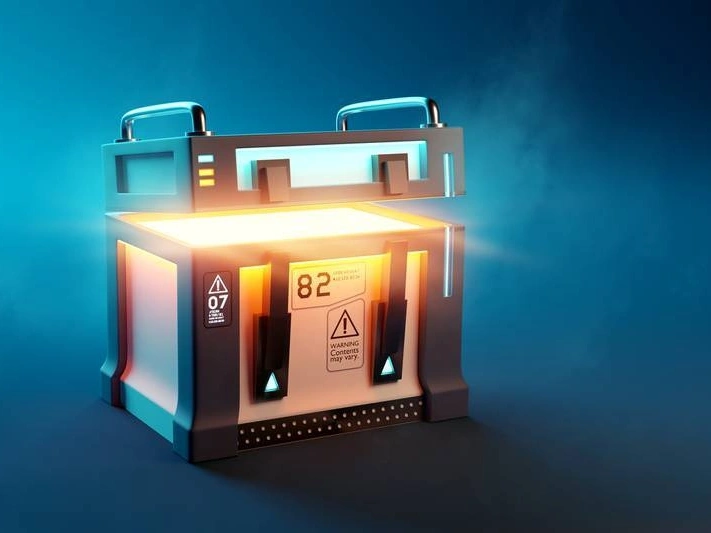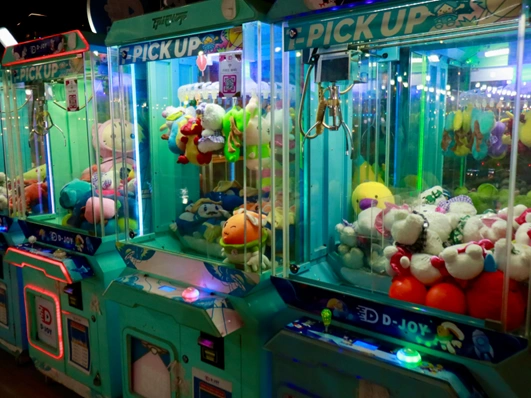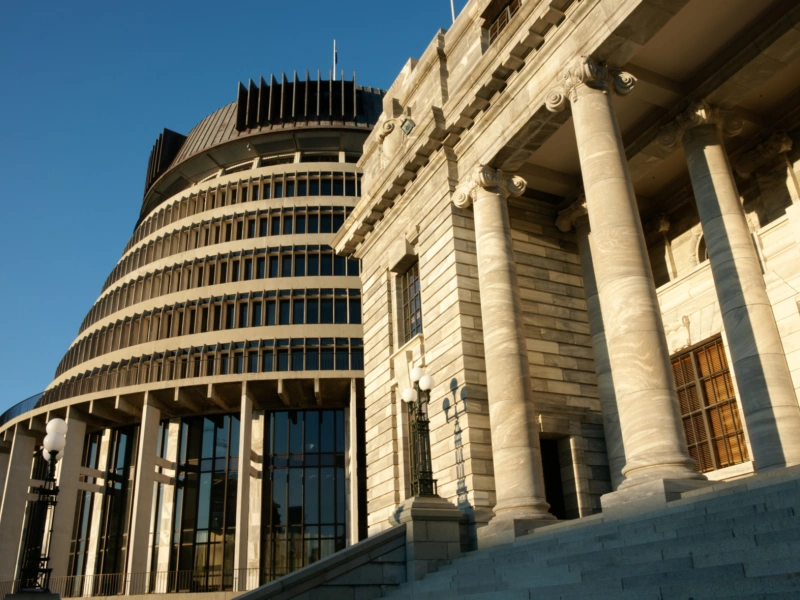We know the harmful effects of gambling, and we’re here to help.
No matter where you are on your journey to recovery or how you are affected by gambling, we provide free counselling, advice and support.
We hope you all have a safe and happy holiday!

Our offices will be closed over the holiday break from 24 December and will reopen on Monday 12 January.
Support is still available! You can contact us over the phone and through our live chat widget (bottom right of your screen) Monday to Friday 8.30am - 5.00pm (excluding public holidays).
From the PGF team, we hope you have a safe and happy Christmas break and look forward to seeing you in the new year!

We offer an array of services
-
Counselling
The first appointment is usually between 1 to 1 ½ hours. At this appointment you and your counsellor will talk confidentially and find out how you can best work together. -
Peer & Cultural Support
We have friendly support workers as part of our team who are dedicated to making your journey as easy and as comfortable as possible. -
Public Health
We have a dedicated health promotion team who work in the community to raise awareness of gambling harm. -
Professional referrals
Please use this form if you are a GP or professional and wish to refer a person to PGF Services.
Looking for direct face-to-face support?

We have 18 clinics nationwide - find your nearest clinic that all offer professional, safe face-to-face counselling.
We are dedicated to the prevention and reduction of the harms caused by gambling in Aotearoa. We get there with innovation, integrity, and the mana of our people.






The latest from our blog
-
 Articles & blog posts
Articles & blog postsJack in the Loot Box- Gambling mechanisms in online gaming
Published 3 January, 2026 -
 Articles & blog posts
Articles & blog postsWhen the Odds Are Against You
Published 3 January, 2026 -
 Articles & blog posts
Articles & blog postsToying with chance
Published 7 October, 2025 -
 Submission
SubmissionOnline Casino Gambling Bill
Published 4 September, 2025









